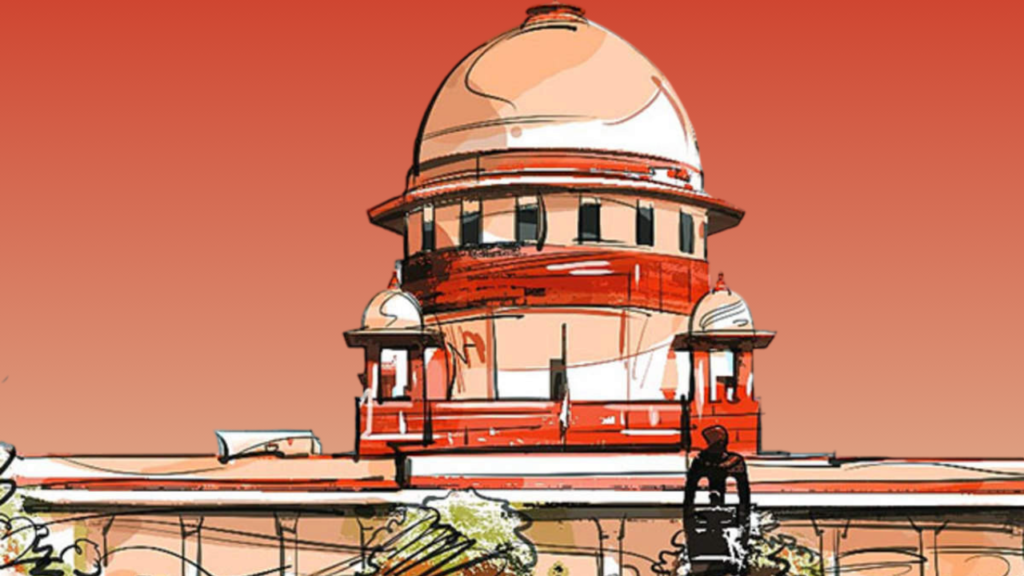Radhika Mittal
In a significant development concerning environmental conservation and mining policies, the Supreme Court of India has issued a notice regarding a Public Interest Litigation (PIL) about the ecological integrity of the Hasdeo region, particularly the Hasdeo Aranya Forest, which is home to diverse flora and fauna and plays a vital role in the local ecosystem.
The PIL calls for a moratorium on mining activities in the Hasdeo area beyond the already disturbed regions of the Parsa East-Kente Basan (PEKB) coal block. The petitioners argue that further mining would exacerbate environmental degradation, threaten biodiversity, and disrupt the livelihoods of indigenous communities who depend on these forests for their sustenance.
The Hasdeo Aranya Forest, recognized for its rich biodiversity, has been under increasing pressure from mining operations. The petition emphasizes the need to treat this area as a Bio Conservation Zone to protect its ecological balance. However, it also acknowledges exceptions for four specific blocks: PEKB, Parsa, Tara, and Kete Extension.
Despite the recommendations made in the PIL, it has come to light that except for the Tara block, all other mentioned blocks have been allocated to Rajasthan Rajya Vidyut Utpadan Nigam Ltd. (RRVUNL). Alarmingly, RRVUNL has transferred these allocations to private entities owned by Gautam Adani, raising concerns among environmentalists and local activists about the implications of such privatization on forest conservation efforts.
The transfer of these blocks to Adani Enterprises has sparked widespread protests and opposition from various stakeholders who fear that unchecked mining activities will lead to irreversible damage to one of India’s most ecologically sensitive areas. Critics argue that this move undermines government commitments to sustainable development and environmental protection.
The Hasdeo region is not only vital for its biodiversity but also serves as a critical water catchment area for surrounding communities. The ongoing mining activities pose serious threats to local ecosystems, including deforestation, soil erosion, and water pollution. Furthermore, indigenous populations who inhabit these forests face displacement and loss of their traditional livelihoods.
Activists have pointed out that the ecological costs of mining often outweigh economic benefits. They argue that alternative sustainable development strategies should be explored instead of prioritizing short-term profits from coal extraction.
As the Supreme Court deliberates on this matter, it is expected to weigh the environmental implications against economic interests. The outcome could set a precedent for how India balances industrial growth with ecological sustainability in sensitive regions like Hasdeo.
The case has garnered significant attention from environmental groups, legal experts, and policymakers who are keenly observing how the judiciary will address these pressing issues. The Ccourt’s decision could potentially reshape mining policies across India, reinforcing or challenging existing practices regarding natural resource management.
Case Name :Sudiep Shrivastava v. Union of India and Ord.UDIEP SHRIVASTAVA Versus UNION OF INDIA AND ORS.
Case Number. : W.P.(C) No. 510/2023
Bench : Justices Surya Kant and Ujjal Bhuyan

